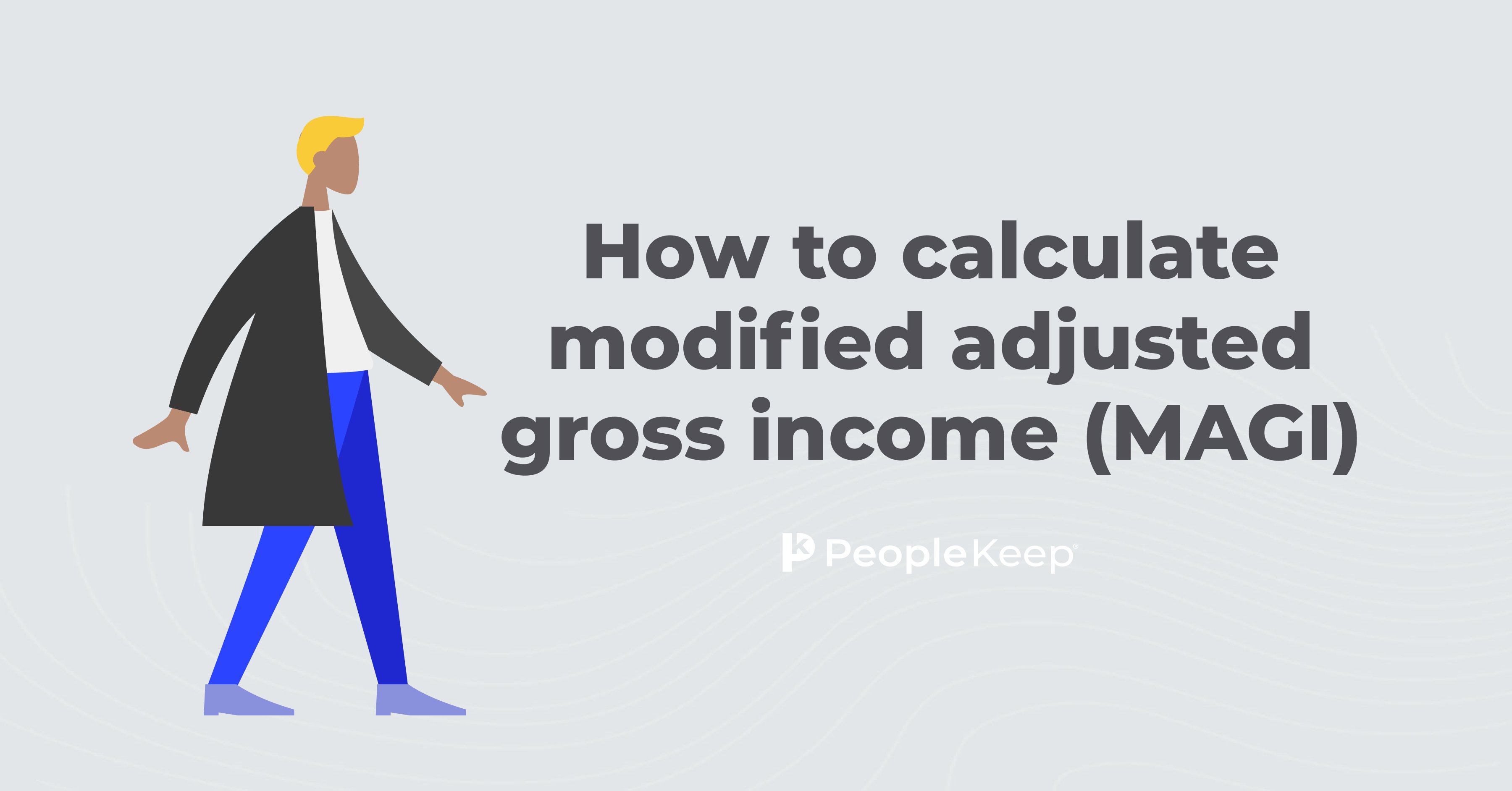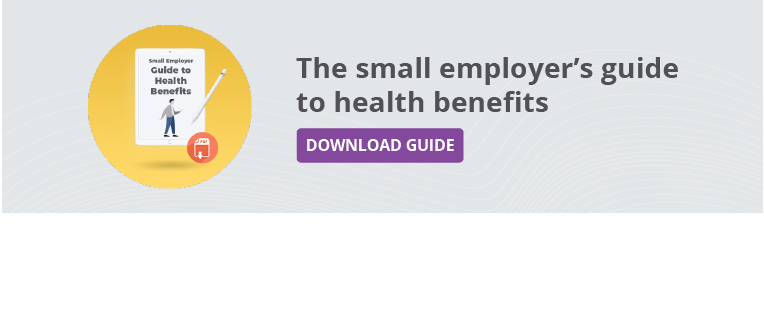How does the FLSA affect small business?
By PeopleKeep Team on April 28, 2015 at 7:00 AM
Surely you’ve heard talk of the Fair Labor Standards Act (FLSA). Perhaps you have questions like, what is it exactly? What are the implications for employers? How does the FLSA affect productivity at your place of business? What are the compliance components I need to know about?
In this article, we will discuss everything the FLSA entails so you can be up to date on the latest information.
Download a copy of our compliance checklist for your business size.
What is the Fair Labor Standards Act?
The Fair Labor Standards Act prescribes standards for the basic minimum wage and overtime pay. It affects most private and public employment. The act establishes minimum wage, overtime pay, recordkeeping, and child labor standards affecting full-time and part-time workers in the private sector and in Federal, State, and local governments. Nonexempt, covered workers are entitled to a minimum wage of not less than $7.25 per hour, effective July 24, 2009. Overtime pay at a rate of not less than one and one-half times their regular rates of pay is required after 40 hours of work in a workweek.
Types of Operations
For nonagricultural operations, it restricts the hours that children under age 16 can work and forbids the employment of children under age 18 in certain jobs deemed too dangerous. For agricultural operations, it prohibits the employment of children under age 16 during school hours and in certain jobs deemed too dangerous. The Act is administered by the Employment Standards Administration's Wage and Hour Division within the U.S. Department of Labor.
Exclusions from FLSA Coverage
The FLSA provides an exemption from both minimum wage and overtime pay for employees employed as a bona fide executive, administrative, professional, and outside sales employee. Some jobs are specifically excluded in the statute itself. For example, employees of movie theaters. Movie theater workers aren't entitled to overtime pay, under the Fair Labor Standards Act, regardless of how many hours they put in each week. Although federal law doesn't require that employers pay movie theater workers overtime, state laws may require it. As a general rule, if a job is governed by some other federal labor law, the FLSA does not apply.
Conclusion
As a small business, it is important to understand how FLSA impacts your business’s human resources and your workforce. There are certain notice requirements, for example, that all employers covered by FLSA are required to distribute.
Check out more resources
See these related articles

5 Reasons Employees are Passionate About Their Jobs
Ever wondered why some of your employees are more passionate about their jobs more than others? Here are 5 reasons why and the impact it can have on your small business.

When is hiring season?
Are you wondering when the hiring season begins? Find the best time to post your open positions and maximize your chances of hiring the right candidate.

How to calculate modified adjusted gross income (MAGI)
If you've heard the term modified adjusted gross income but aren't sure what it means, this article is for you. Learn about MAGI and how to calculate it.



